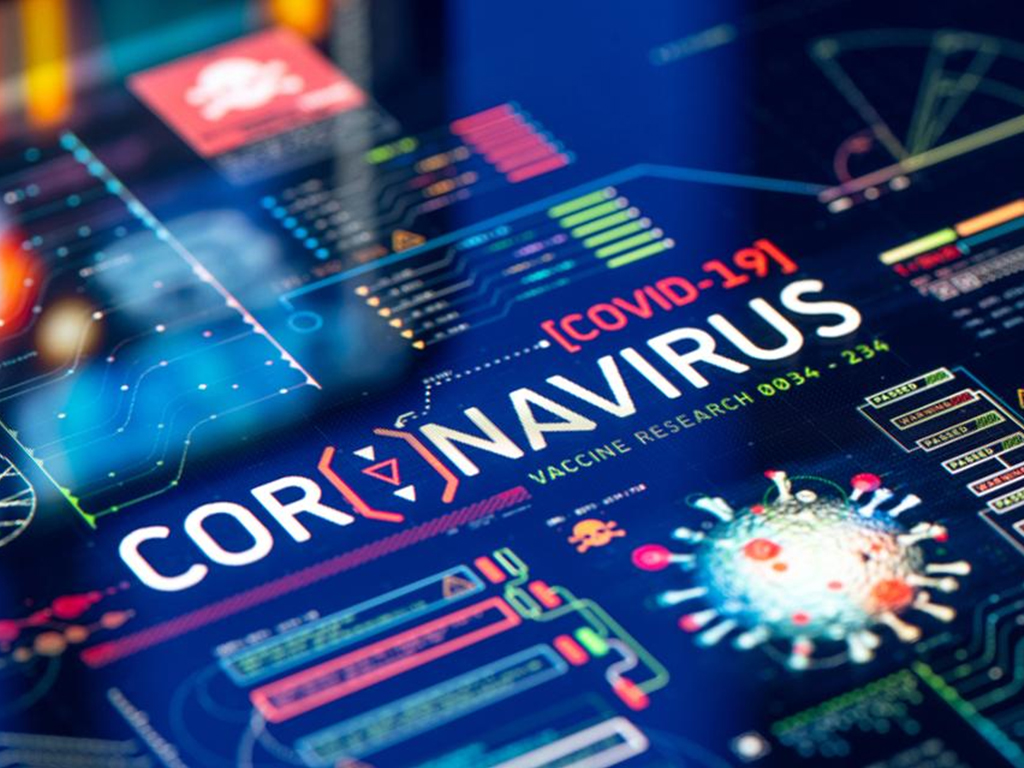The rise of ‘digital’ pandemic

As countries work to contain the spread of COVID-19, they are confronted with another battle: a plethora of misinformation. From pets carrying the virus, to mosquito bites; from virus unable to survive in hot and humid weather to the ambiguity surrounding Chloroquine medication for treatment; or from planned conspiracies behind COVID-19 to a gazillion home remedies to treat the diseases, the plague of misinformation and disinformation is spreading as quickly as COVID-19 is. This is largely because people are increasingly turning to social media – a medium that has not seen a pandemic as huge as this one before – for advise, information, update and support to survive.
Then there are instances where misinformation or contradictory information is coming from government officials. This kind of disparity is more destructive as it not only creates panic but also builds distrust between the government and its people that eventually affects the efforts to control the spread of the virus.
Researchers have been warning about the disastrous consequence of ‘coronavirus infodemic’ and point to the ‘Negativity Bias’ where people have a higher tendency to share bad news. The downside of this “digital pandemics” or “(mis)infodemics” during the global health emergency is much bigger than other times. False allegations, rumours, conspiracies are only adding to an already complex global situation. Plus, the social media is rife with unverified, fake and illogical home remedies. Inaccurate information is affecting mental health, fueling fear and depression along with the dangerous health consequences of bogus remedies and solutions.
Other reasons for the wildfire-like spread of disinformation include no history of COVID and no previous information and study that could explain what the disease is, how it spreads, and how to treat it.
The consequences, however, are not entirely hazardous and due to poor intention. The process of misinformation spreading during a crisis also has links with how people want to alleviate the anxiety and fear, make decisions and take actions in a situation as unknown as it is today. On the bright side, the one consequence of this flood of information which is unverified in most cases, has given people a sense of how grave the situation and take preventive action, and reinforce collective behaviour like social distancing, self-isolation and self-quarantine, all of which are crucial to fight COVID-19.
Since its mostly digital information, tech companies have also come under scrutiny. In an effort to deal with the digital pandemic, Facebook, Google, LinkedIn, Microsoft, Reddit, Twitter, and YouTube jointly released a statement, “We’re combating fraud and misinformation about the virus, elevating authoritative content on platforms, and sharing critical updates in coordination with government healthcare agencies around the world.”
Also, governments across the globe are urging citizens against unverified information and spreading rumours about the pandemic. But at the same time, when information and transparency are crucial to fight the pandemic, many governments are also resorting to censorship of information, which is being criticized widely.
How to deal with misinformation? It is not possible to screen all social media information for accuracy. As a rule of the thumb, information that incites extreme emotions should be investigated for source. The catch with COVID-19 is that it’s a new virus, and has not been studied previously. The situation is evolving every day. What might seem correct today, may not hold ground tomorrow and vice versa – such as how everyone wearing a mask at all times initially gained traction, or how COVID-19 wasn’t considered airborne initially.




























Comments
Comments are closed.